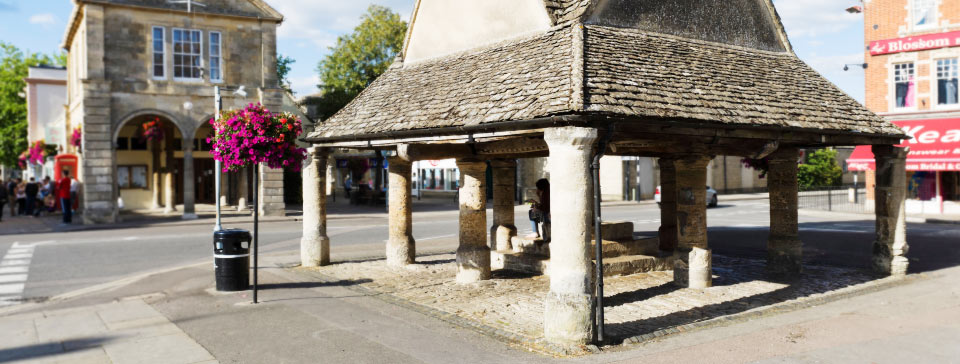Fees for Sessions
Low-cost Fees
As with groups, fees for low cost one-to-one therapy are from £20-£45 for each session. This service is offered with trainees who are in supervision and, training and development groups at OTS. Newer qualified counsellors and some some experienced therapists may also offer lower fee places.
1-to-1 Counselling & Psychotherapy Fees
This depends upon each practitioner. In Oxford average costs for therapy with experienced counsellors and psychotherapists are in the region of £55-£70 per session, with the range being from £45 - £130 per therapy session.
Couples Therapy Fees
Couples Therapy is often chargeable at a higher rate than individual sessions, with fees from £65 - £130 per hour session.
Group Therapy
Group therapy fees are charged on a sliding scale, from £20 - £45 per session. A group session last for up to 2 1/2 hours.
Couples Therapy / Counselling
Please send us a quick enquiry email. If couples counselling, is to work for you, it often involves time and commitment as well as a not insignificant cost. So, it's important to look for the right therapist. Exploring if couples therapy is the right course for you to take, and who you might work well with are the main purposes of an initial assessment.
To find the right person, there are a lot of things to take into account. For example - your availability for sessions, as well as what you can afford. We also need to understand if you have the capacity to travel for the right counsellor, who might not be at our centre in Witney, but be in Oxford for example.
Every individual, and every couple is different, so we want to find a therapist who you can relate well with (as they are all different as well!). The relationship you have with your counsellor is fundamental to how will it might work for you. Different therapists will work in a variety of different ways, and have different relational styles. So whilst an expert mechanic may be able to work with a variety of cars, it isn't the same with couples counselling.
Many couples also benefit from working individually for a while before entering into couples therapy, and an assessment can help us to explore this as an option.
The assessment appointment will take about one hour, and is charged at £100 payable. Couples therapy is generally charged at between £70 and £130 per one-hour session, and depends upon what each practitioner charges. Sessions are generally either weekly or fortnightly. Individual therapy is available from £20.
Reasons why people contact us
People want to find a counsellor or a psychotherapist for many different reasons. Some want help with specific emotional problems such as depression, loneliness or anxiety, or they may wish to generally feel more alive. Some may have difficulty coming to terms with a traumatic or painful personal history. Others may feel stuck in recurring patterns that prevent them from feeling fulfilled, from connecting with others, or from finding meaning in their lives.
Sometimes people wish to find a counsellor or a therapist for help during a crisis, such as the end of a relationship, bereavement, divorce, redundancy resulting in loss of direction in life or other traumatic event such as rape, abortion or miscarriage.
Many of our clients tell us they contacted the OTS-Witney Therapy Centre in order to:
About the OTS-Witney Therapy Centre
The OTS-Witney Therapy Centre opened in 2004 to provide beautiful low-cost therapy room hire in Witney for psychotherapists, counsellors and complementary therapists, and to provide a range of counselling and psychotherapy services to the general public. We ensure all practitioners are fully qualified and insured.
Our Therapy Centre is in central Witney, just around the corner from the main bus stops at the top of the High Street. So we are well placed for people travelling from Abingdon, Burford, Bampton, Carterton, Eynsham, Faringdon, Oxford, Wantage and other surrounding towns and villages.
If you want assistance with the huge range of therapy options - approaches and types that are available, please feel free to call Justin Smith on 07977 126330, or email us.




